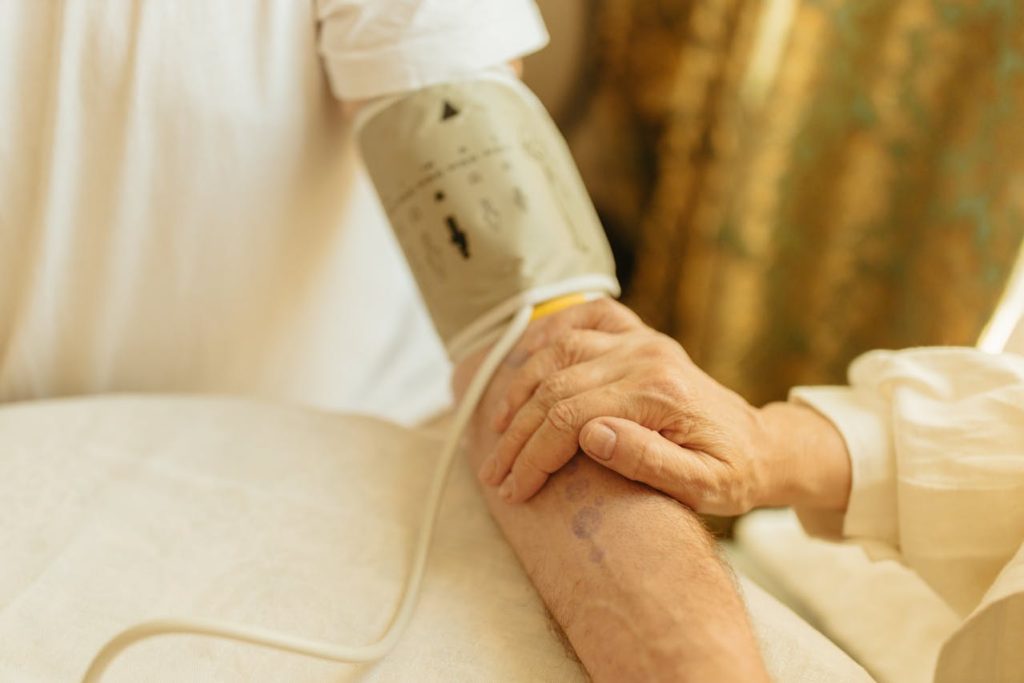When a loved one enters a nursing home, you trust that they’ll be cared for with dignity, safety, and attention. But when that trust is broken and neglect or abuse leads to serious harm or even death, families are often left asking how something so preventable could happen.
Wrongful death cases involving nursing homes are especially painful. They often involve older adults who were vulnerable and dependent on others to meet their basic needs. If you believe a facility’s actions (or inaction) contributed to your loved one’s death, you may have the right to pursue a nursing home death lawsuit in Washington.
Here’s what families need to know about how wrongful death claims work in these cases and how they can serve as both accountability and a step toward healing.
When Does Elder Neglect Become a Wrongful Death Case?
Not every injury or illness in a nursing home is caused by abuse or neglect. But when a facility fails to provide proper care — and that failure leads to a resident’s death — it may be grounds for a wrongful death nursing home claim.
Common examples include:
- Untreated bedsores that become infected
- Falls that happen due to lack of supervision, poor lighting, or unsafe conditions
- Malnutrition or dehydration caused by staff not helping with meals
- Delayed medical care when urgent symptoms are ignored or minimized
- Medication errors or failure to monitor adverse reactions
- Failure to respond to emergencies, such as respiratory distress or strokes
These deaths are often preventable and legally actionable.
The Legal Role of a Wrongful Death Claim
A wrongful death claim allows family members to seek compensation when someone’s death is caused by negligence or misconduct. In nursing home cases, this can include:
- Failing to follow care plans
- Violating state or federal safety rules
- Chronic understaffing
- Inadequate training or supervision
While no legal action can undo a loss, a successful claim can:
- Help families recover financial damages, including final medical costs and loss of companionship
- Expose dangerous facility conditions
- Prevent similar tragedies from happening to others
Wrongful death lawsuits also often bring to light patterns of elder abuse or neglect in nursing homes that may have gone unnoticed or ignored by regulators.
Who Can File a Wrongful Death Lawsuit in Washington?
In Washington, wrongful death claims can typically be brought by:
- A surviving spouse or state-registered domestic partner
- The deceased person’s children
- If there are no spouse or children, the parents or siblings may be eligible
These claims are often filed by the personal representative of the deceased person’s estate on behalf of the surviving family members.
How a Nursing Home Abuse Lawyer Can Help
These cases aren’t simple. Facilities may deny responsibility, claim the resident’s health was already in decline, or argue that their staff did everything they could. The burden often falls on families to prove otherwise.
An experienced nursing home abuse or neglect lawyer in Washington can help by:
- Investigating the cause of death
- Reviewing medical records and staff logs
- Interviewing witnesses and former employees
- Identifying violations of care standards or laws
- Building a case for liability and damages
If the death involved long-term neglect not just a single mistake your attorney may also explore broader civil or regulatory claims.
Protecting Other Residents by Speaking Up
One of the most important reasons families pursue a Washington wrongful death claim in nursing homes is to protect others. Many of these facilities have long histories of complaints, citations, and lawsuits and it’s often the pressure of legal action that leads to real change.
Your case may be about accountability, yes but it can also be about preventing more families from experiencing the same grief.
Contact Ron Meyers and Associates for a free consultation.
FAQ’s
What’s the difference between neglect and abuse in nursing homes?
Neglect is the failure to provide proper care, often due to understaffing or poor oversight. Abuse is intentional harm. Both can lead to wrongful death, and both are grounds for legal action.
How do I prove a nursing home caused my loved one’s death?
A lawyer can help gather medical records, internal reports, and staff testimony to show how the facility’s actions (or inaction) led to the death.
Can I file a wrongful death claim if my loved one had pre-existing health conditions?
Yes. Even if your loved one had other health issues, the law still holds facilities accountable if negligence caused or contributed to their death.
Is there a time limit to file a wrongful death claim in Washington?
Yes, the general statute of limitations is three years from the date of death, though it’s best to speak with an attorney as soon as possible.








